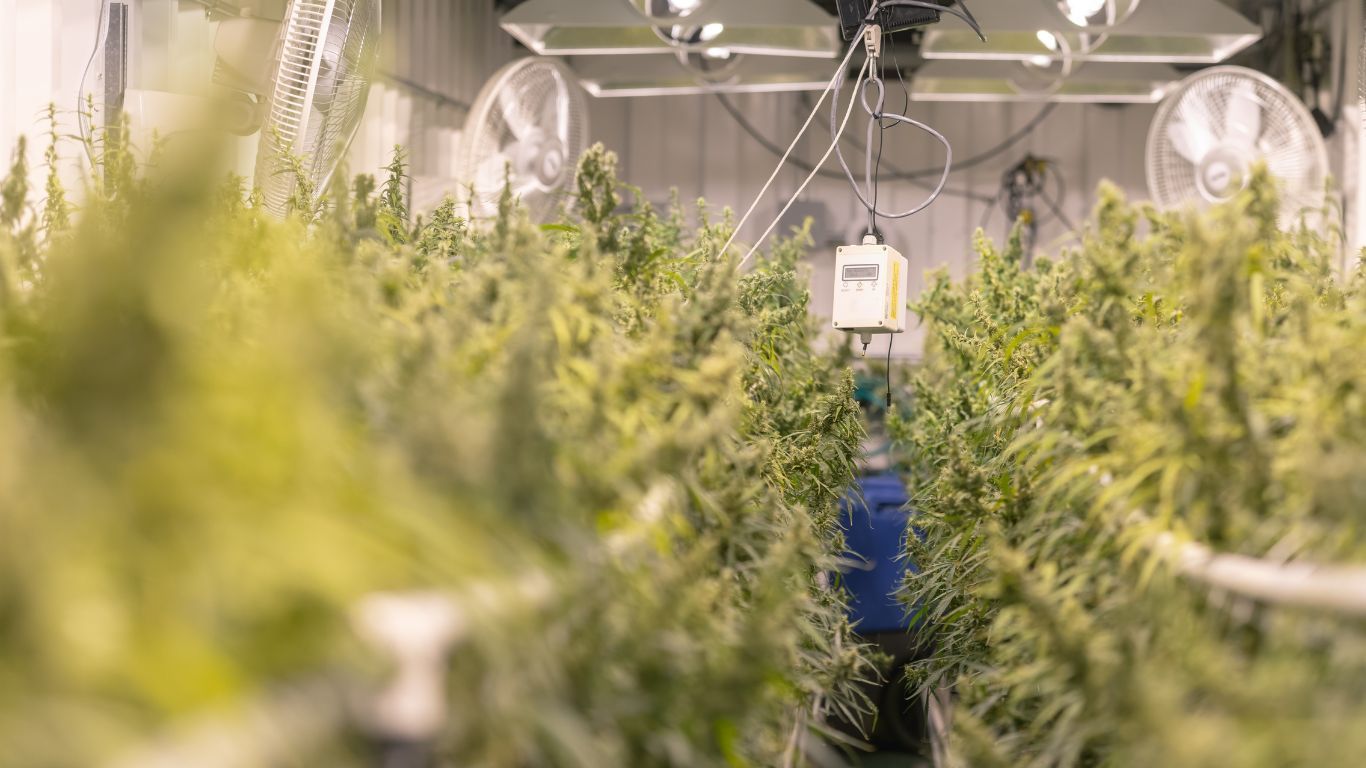
U.S. Customs and Border Protection (CBP) officers announced today yet another cannabis seizure at the US/Canada border, the fourth large capture in the past few weeks.
US officials say it is the largest cannabis seizure ever along the US’ northern border, worth an estimated $20 million dollars in “street value”.
On June 25, CBP officers seized nearly 4,300 kg of cannabis (9,472 lbs) of cannabis hidden within a commercial shipment of storage containers.
The seizure comes on the back of one on June 22 for 90kg, another on June 16 for 1,500 kg, as well as one on June 9, captured 800kg.
As with these previous seizures, the most recent was found during a non-intrusive inspection scan of a commercial truck.
“For the third time in as many weeks, the diligence of U.S. Customs and Border Protection Officers has resulted in the seizure of literally tons of illegal controlled substances destined for our country,” stated U.S. Attorney Kennedy in a press release.
“In just three weeks, CBP Officers have prevented thousands of pounds of illicit drugs, valued at nearly $30,000,000, from entering our country. We will remain vigilant to protect our border from those who seek to profit from the importation of these illegal substances, as they not only fuel the violent drug trafficking organizations who distribute them but jeopardize the health and well-being of those, including minors, who use them. Because the health, safety, and security of every American matters, so too do our borders.”
American officials have previously noted an increase in large drug seizures at the Canadian border, not only for cannabis. According to US officials, from October 1, 2019 through June 27, 2020, ports within the Buffalo Field Office alone, which covers 16 ports of entry throughout New York State, have made over 700 narcotic seizures totaling more than nearly 9,153 kg (over 20,000 lbs), what they says is an increase of approximately 2,000% from fiscal year 2019 during the same time period.
“The resurgence of large-scale illicit marijuana seizures is alarming and brazen given the public health crisis,” said Kevin Kelly HSI special agent in charge. “HSI and CBP will always work together to thwart and deter those criminal organizations that attempt to exploit our borders.”
At the Peace Bridge Cargo Facility made a Northern Border record seizure of 9,472 pounds of marijuana that was discovered within a commercial shipment manifested as storage containers.
Canadian authorities also recently announced more than $10 million worth of cannabis seized from two Ontario warehouses, destined for the US.
The first, on May 22 in Brampton, BSO workers noticed anomalies in a load of gardening mulch to be sent to the US. Employees spent nine hours looking through the 5,400 kilogram shipment of mulch, locating over 685 kilograms of suspected cannabis.
The second seizure, on May 28, was another 800 kilograms of suspected cannabis that was hidden in plastic kitchen containers at a Mississauga warehouse. The product was detected by a drug-sniffing dog. The products were also ready to be shipped to the US.
“Large-scale marijuana trafficking is not an isolated crime,” said Kevin Kelly, HSI Buffalo Special Agent-in-Charge in today’s announcement from the US. “Smugglers are often connected to larger criminal syndicates who profit from a wide variety of crimes, and we must continue to dismantle all forms of their illicit activity.”
In April, a nurse from Ontario was stopped at the US border with 150 pounds of marijuana while on her way to a Detroit hospital to help them manage the Covid-19 pandemic. And earlier that month, US border officials found and seized 31 kg of cannabis from a truck at the Queenston-Lewiston Bridge at an Ontario/New York border crossing.
In May of this year, US Homeland Security and U.S. Border Patrol agents from the Port Angeles Station seized a 23-foot Bayliner and 497 pounds of marijuana that entered US waters from Canada.
On June 5, a man was found unconscious in the Detroit River tied to a “bushel” of over 200kg of cannabis, near Celeron Island, a small island on the US side of the river. According to US officials, he was unconscious and had a tow strap attached to his body, with the other end of the strap tied to a bushel of marijuana. The man had told officials he had been using a submersible device to ferry cannabis, cocaine and cash between the US and Canada.
Last year, US officials said they had seen a significant spike in seizures of cannabis coming from Canada since legalization on October 19, 2018, including one incident of a low-flying helicopter near the border tipping authorities off to 50kg of cannabis in hockey bags hidden in the woods.











